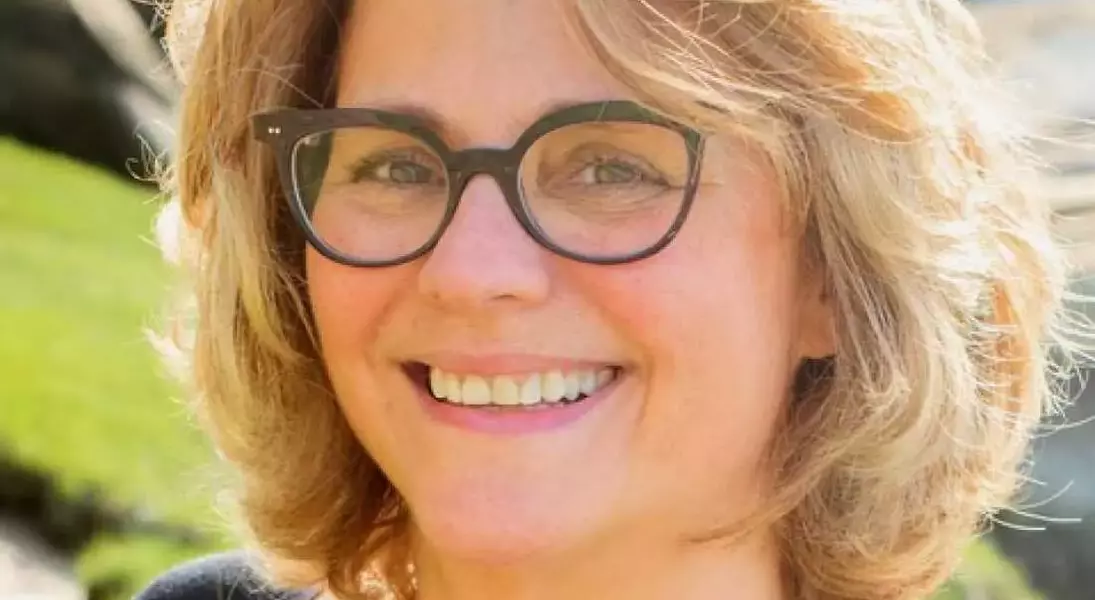

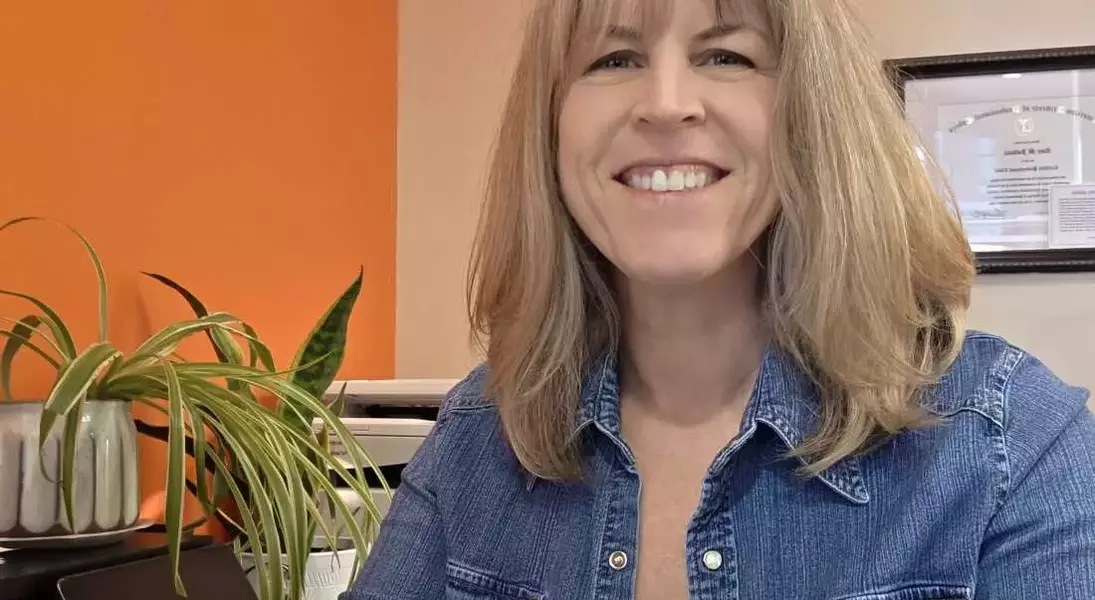
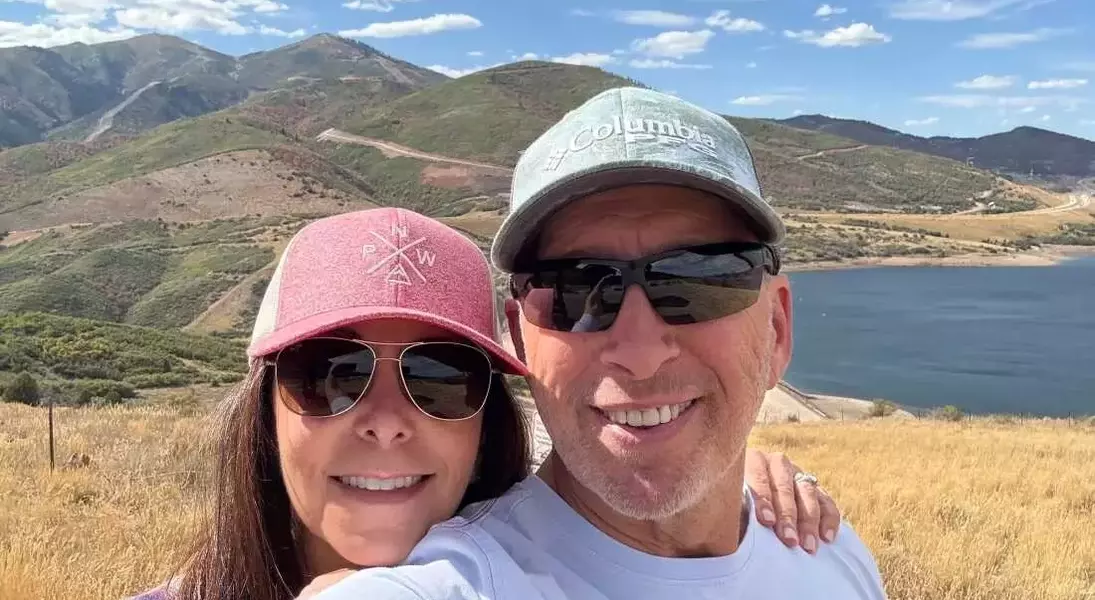
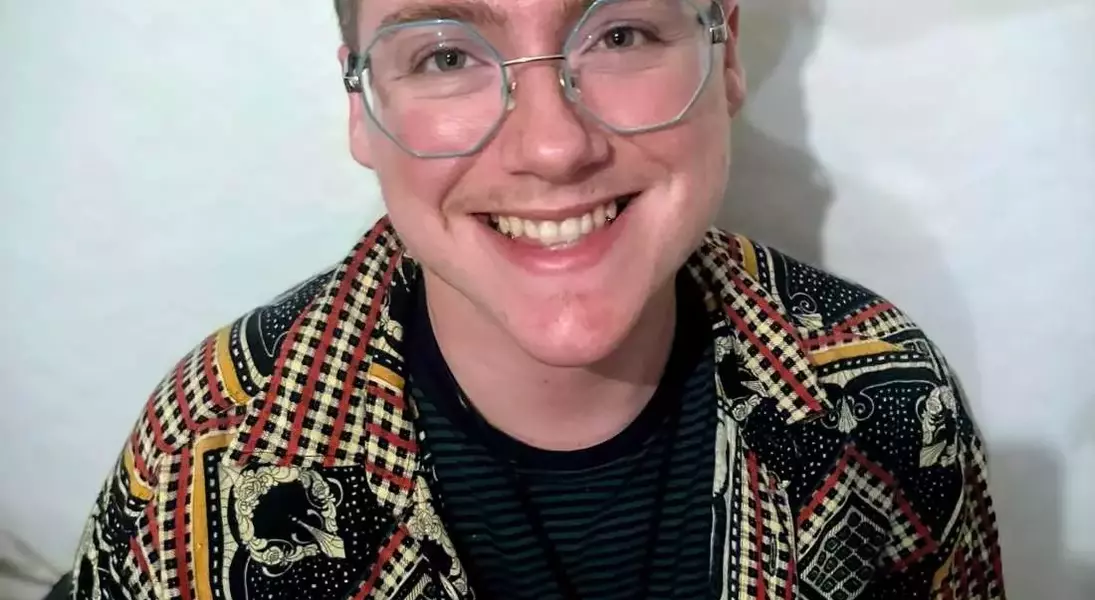
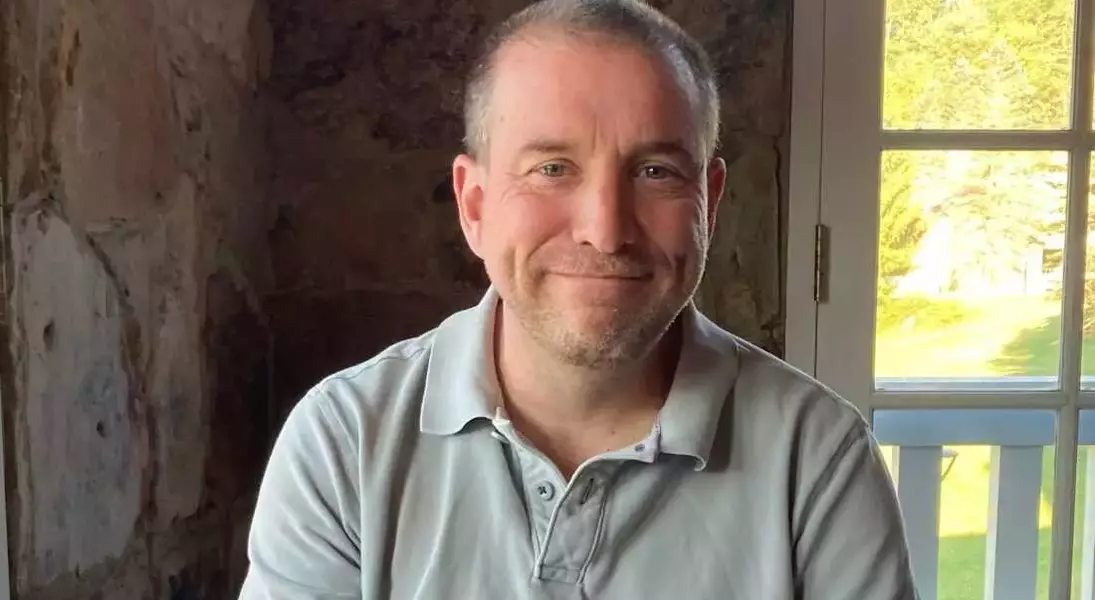
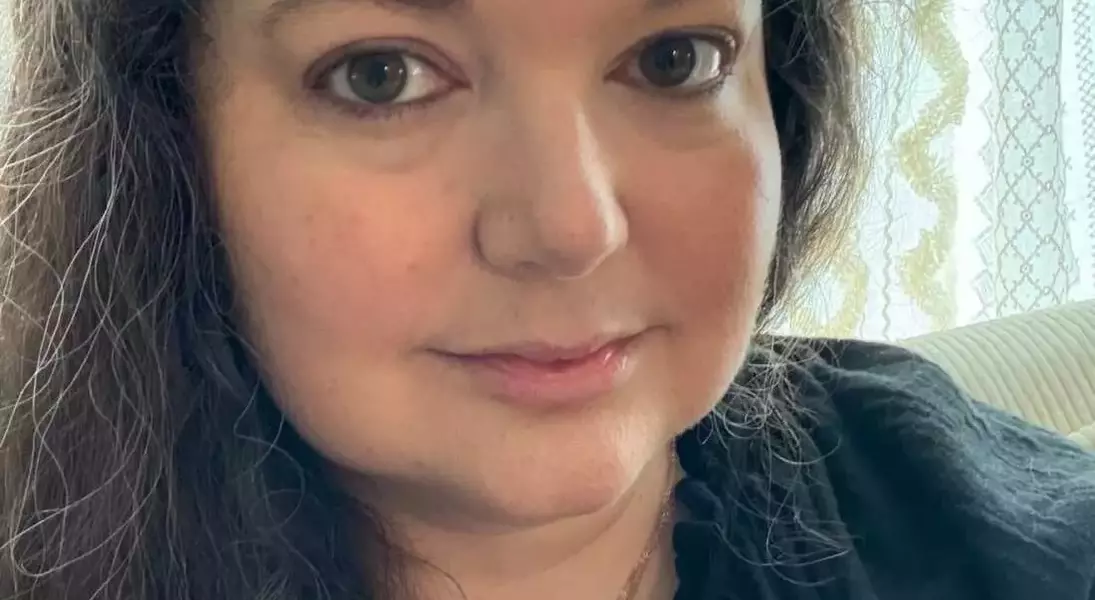



The impending expiration of crucial Affordable Care Act (ACA) subsidies is poised to trigger a significant escalation in healthcare expenses for numerous American households, necessitating urgent legislative intervention. The recent conclusion of a government shutdown has left the contentious issue of health insurance funding unresolved, with Congress failing to prolong the increased tax credits that have, since 2021, provided vital financial relief to millions enrolled in ACA plans. This legislative inaction has plunged many into a state of financial insecurity regarding their future healthcare coverage, with open enrollment already underway and consumers grappling with substantial premium hikes and a lack of clarity on potential relief.
Adding to this complexity, insurers have preemptively raised their plan prices, anticipating that the absence of these tax credits in 2026 will deter healthier individuals from enrolling. This projected shift would result in a less healthy and consequently more expensive pool of insured individuals. Industry analysts, such as KFF, report an estimated average premium increase of 26% for marketplace plans next year, marking the most substantial rate hike since 2018. With the December 15 deadline fast approaching for securing coverage beginning January 1, individuals are being forced to choose between bearing significantly higher costs or risking life without health insurance. This precarious situation is exemplified by the personal stories of various individuals who stand to be profoundly affected by these changes, each facing unique challenges ranging from managing chronic illnesses to ensuring financial stability in retirement.
The stories shared paint a vivid picture of the severe impact these rising costs will have on everyday Americans. Individuals like Amy Jackson, a medical billing professional diagnosed with breast cancer, face an additional $1,000 monthly premium, a sum she describes as half her wage. Robert Bixon, a retiree, is confronted with an annual healthcare bill of potentially $70,000 for his family, jeopardizing his retirement savings. Ezra McKay, managing bipolar disorder, fears losing access to essential treatment as his monthly premium skyrockets from $15 to $550, nearly half his income. Catriona Johnson, a social worker with a chronic condition, worries about increasing medical debt and the potential for declining health. Chris O'Donnell, a self-employed individual with a diabetic and cancer-survivor spouse, plans to deplete his retirement savings to cover an additional $1,300 monthly, even considering relocating abroad. Paralegal Celeste Jameson anticipates her monthly premiums more than doubling, fearing a return to debilitating pain and medical debt. Finally, Kelly Badeau, a self-employed individual, faces a nine-fold increase in her monthly premiums and worries about compromising her proactive health management, echoing the sentiments of many who prioritize health insurance over other financial comforts. These narratives underscore a pervasive anxiety about healthcare accessibility and affordability, highlighting the urgent need for a sustainable solution.
These personal accounts serve as a poignant reminder that access to affordable healthcare is not merely a policy debate but a fundamental human right impacting countless lives. The struggle of these individuals reflects a broader societal challenge where economic stability and physical well-being are intrinsically linked. It is imperative for policymakers to transcend partisan divides and prioritize the health and financial security of their constituents. By demonstrating foresight and compassion, legislative bodies can enact measures that ensure equitable access to essential medical care, fostering a society where individuals are not forced to choose between their health and their livelihood. Investing in robust healthcare frameworks is an investment in human dignity, societal productivity, and the collective future, ultimately affirming that every individual deserves the opportunity to live a healthy and fulfilling life.
